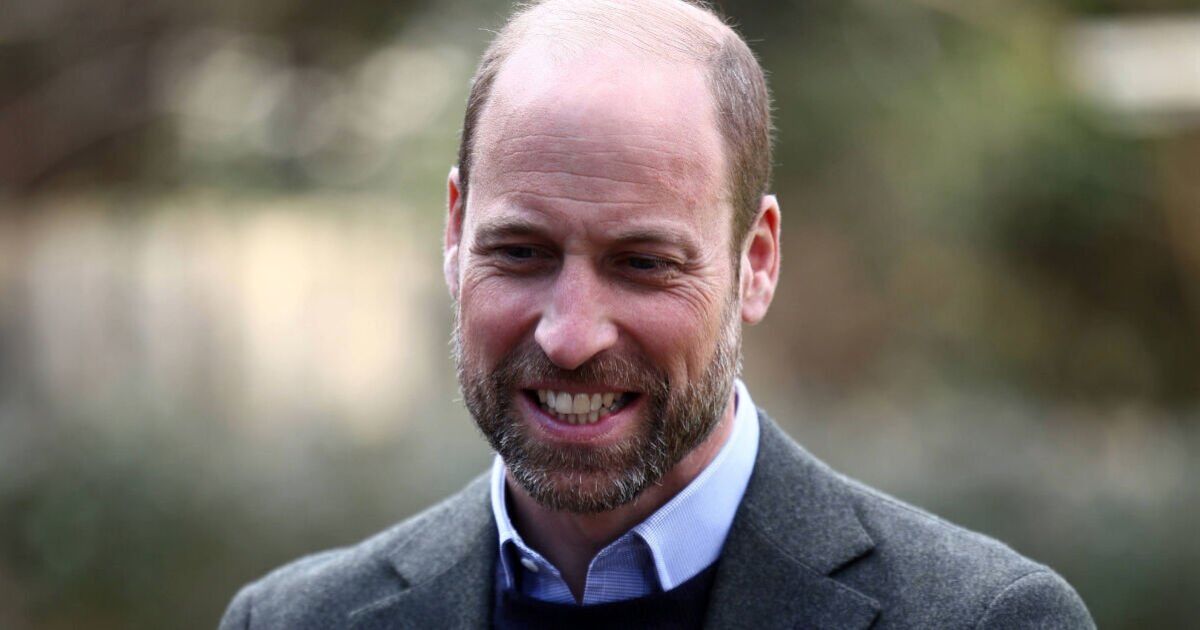Queen Elizabeth II’s passing in September 2022 not only marked the end of the longest reign in British history, but the end of the equally record-breaking tenure of King Charles as the Prince of Wales. And, as his father succeeded, Prince William took over his position and became the 27th Prince of Wales.
The historic position also gave him the additional titles of the Duke of Cornwall, the Earl of Chester, the Duke of Rothesay, the Earl of Carrick, the Baron of Renfrew, Lord of the Isles and Prince and Great Steward of Scotland.
One of the other most notable changes was Prince William inheriting the Duchy of Cornwall – a land and property empire which provides the male heir to the throne with an income. It was was established by King Edward III in 1337 for his son, Prince Edward, the Black Prince.
The Duchy land consists of almost 53,000 hectares across 20 counties in England, mostly in the South West of the country. The Duchy describes itself as a ‘private estate’ and the British government recognises it as such.
The King worked with the Duchy of Cornwall for many years and created a number of important projects – including the Poundsbury and Nansledan Estates. Charles became entitled to the full income of the Duchy of Cornwall in 1969 upon turning 21, and in the decades that have followed, Charles has played a huge role in shaping it.
Appearing in an ITV documentary in 2019, Prince William was asked about his plans for the estate and said: “I’ve started to think about how I will inherit the Duchy one day and what I do with it. I think it’s really important, about the family angle, I really do.”
Speaking of his father’s previously efforts, William said: “I am committed to the cause of tackling climate change and I am proud of the estate’s efforts to contribute to this challenge. If we can also help respond to social challenges such as mental health and homelessness, I will feel my term as duke has been worthwhile.”
The Duchy – which owns and manages some 135,000 acres of land in England and provides an income to the Prince of Wales and his family – releases a yearly “Integrated Annual Report” which charts its investments, assets, earnings and more.
In its 2024 edition, the estate announced its total assets rose to a value of more than £1.26bn.
The Duchy is an independent source of income, not funded by the UK public as per the Sovereign Grant, and its revenue is used to fund lifestyle and charitable endeavors.
Prince William pays an undisclosed amount of voluntary income tax on the Duchy, although it is not a requirement. According to the Telegraph, he pays tax on the full amount, after household costs, which have not been revealed.
